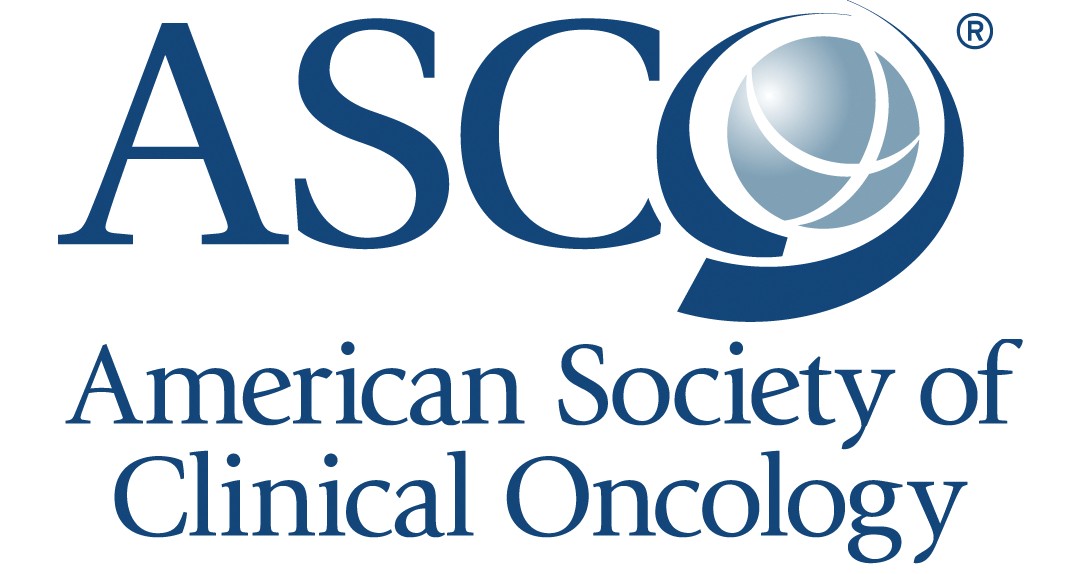Share this Page:
Vascular endothelial growth factor (VEGF) tyrosine kinase inhibitors (TKI) are currently the standard of care for patients with metastatic kidney cancer whose cancer has got worse after first-line treatment with immunotherapy. Clinical trials are looking at whether immunotherapy is effective after the cancer has progressed.
Combinations of immunotherapy and VEGF TKIs have improved survival for people with metastatic RCC, for example ipilimumab plus nivolumab, pembrolizumab plus axitinib and avelumab plus axitinib. But the question remains whether immunotherapy can be used in patients whose cancer has got worse after already having been treated with immunotherapy.
In an interview with OncLive during the 2022 American Society of Clinical Oncology (ASCO) Genitourinary (GU) Cancers Symposium last week, Dr Moshe Ornstein, an oncologist at Cleveland Clinic, USA, discussed the clinical trials that are looking at second-line treatment with immunotherapy in patients whose cancer has got worse on immunotherapy. Dr Ornstein also discusses key clinical trial data on kidney cancer presented at the conference and other pressing areas of unmet clinical need for research in kidney cancer.
He concludes by saying that we still think of kidney cancer in a one-size-fits-all approach. At the Symposium, a lot of data was presented on biomarkers and genomics, but oncologist still do not know which treatments are likely to benefit which patients and there is no personalised treatment for metastatic kidney cancer. There are some genomics trials looking at the biology of the tumour to help guide treatment options, which are promising. Researchers hope that these trials can improve treatment response and long-term survival for patients.















